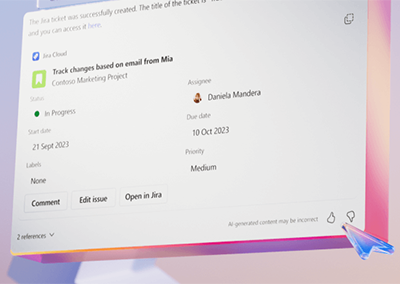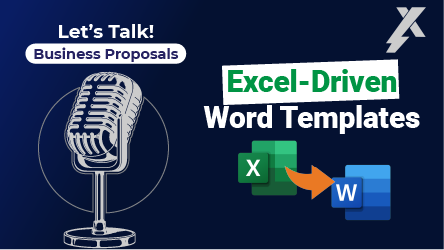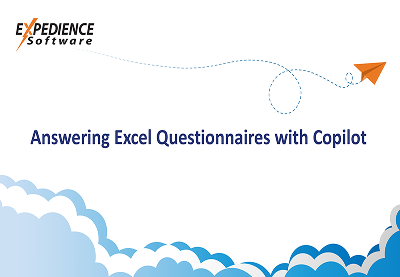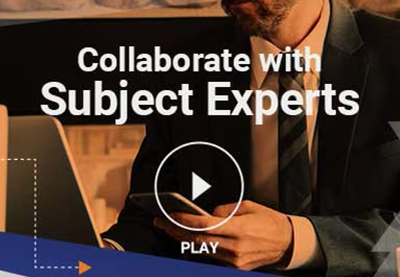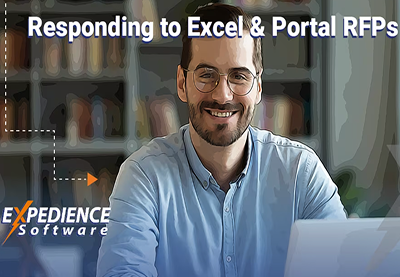An agent is a customized Copilot that can target a specified knowledge base to answer questions or complete prompts. This is extremely useful to proposal writers because, unlike the standard Microsoft 365 Copilot, the agent’s responses will be based on specific, prepared, proposal-ready content.
The general principle behind the Copilot use of knowledge bases is called Retrieval Augmented Generation, also called “R.A.G.” It can be implemented in many ways, but the basic pattern is as follows:
- The user inputs a prompt.
- A search is performed, either a semantic search, keyword search, or both on the knowledge base.
- The most relevant content from the knowledge base is selected.
- The prompt and the relevant content are passed to the Large Language Model (LLM) together.
- The response from the LLM is passed back to the user.
The R.A.G method helps prevent the LLM from giving inaccurate or irrelevant responses by passing additional context and information to the Language Model, which it then uses to craft its response.
Copilot Optimized Content Library
The best way to get the most out of your Copilot agent is to ensure that your knowledge is highly tailored and organized. The content should be in the form of individual files. Each file should be short and specific to a particular topic. The files should be tagged with as many relevant properties as possible: title, category, description, keywords, etc. This will all help ensure that the agent finds the best, most relevant documents to ground the Copilot task.
It turns out that the best practices regarding optimizing content to ‘ground’ Microsoft Copilot are the same best practices that Expedience Software follows to create a proposal content library.
When creating a content library for use with proposals AND with Copilot agents, keep the acronym ‘CURATE’ in mind. The content should be:
- Concise (Short and to the point. Content should be separated into distinct files.)
- Unique (Avoid redundancy. Too many documents that are too similar may produce lower-quality answers.)
- Relevant (Focused on Task. Do not combine all content together.)
- Approved (Review/update process.)
- Tagged (Document Properties/metadata make it easier for Copilot to identify the most relevant content.)
Expedience 2025 – New Publishing Feature
Expedience 2025 extends the Expedience Content Library by providing a means to publish the curated content out to SharePoint files. These files are available to users outside of the proposal team. The publishing function preserves all of the key curated features in the published content. So, it is easier to find and use, but also, it is optimized for Microsoft Copilot.
More on Copilot Agents
See the following articles for more information on building your own custom Copilot agents:
How to Craft an Expert Proposal Prompt
How to Curate a Content Library
How to Make a Custom Copilot Agent and Why You Need One
Does AI Make Content Libraries Obsolete
Copilot Agent Video

